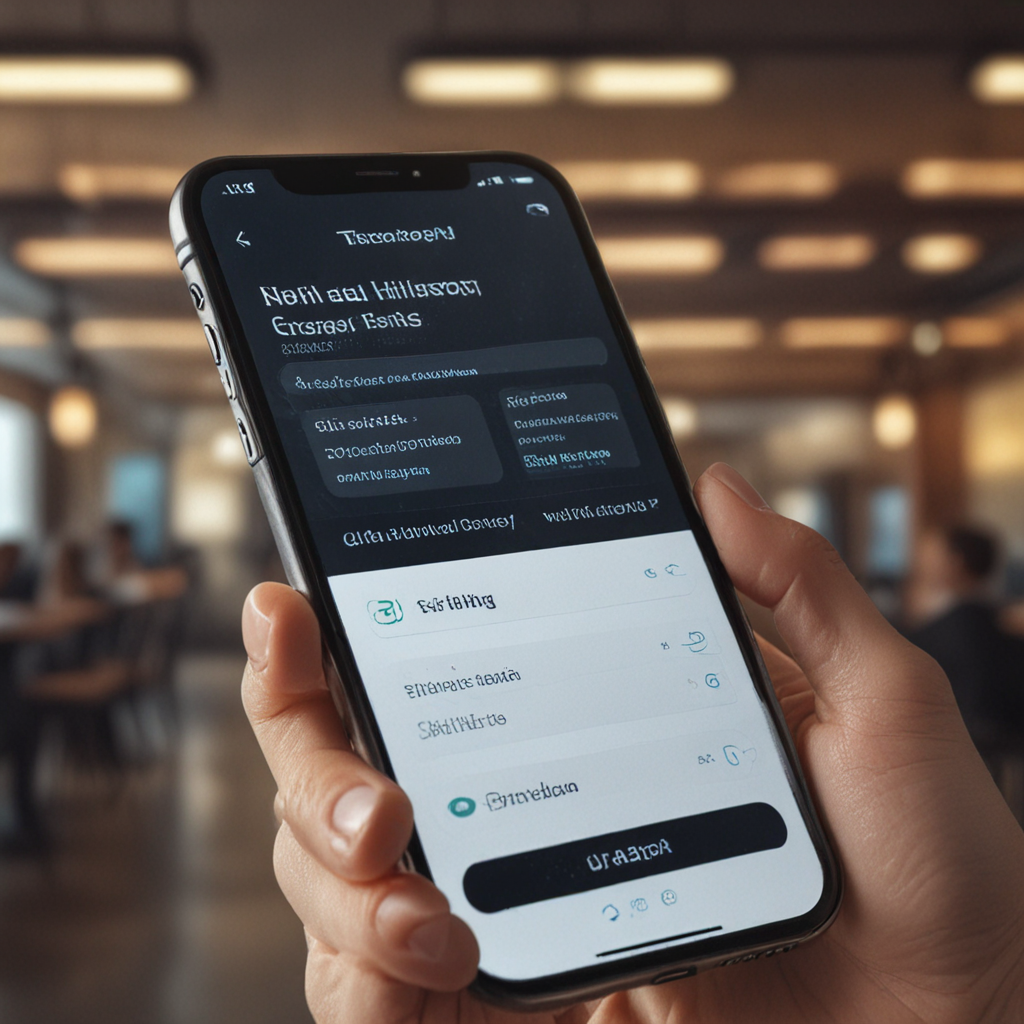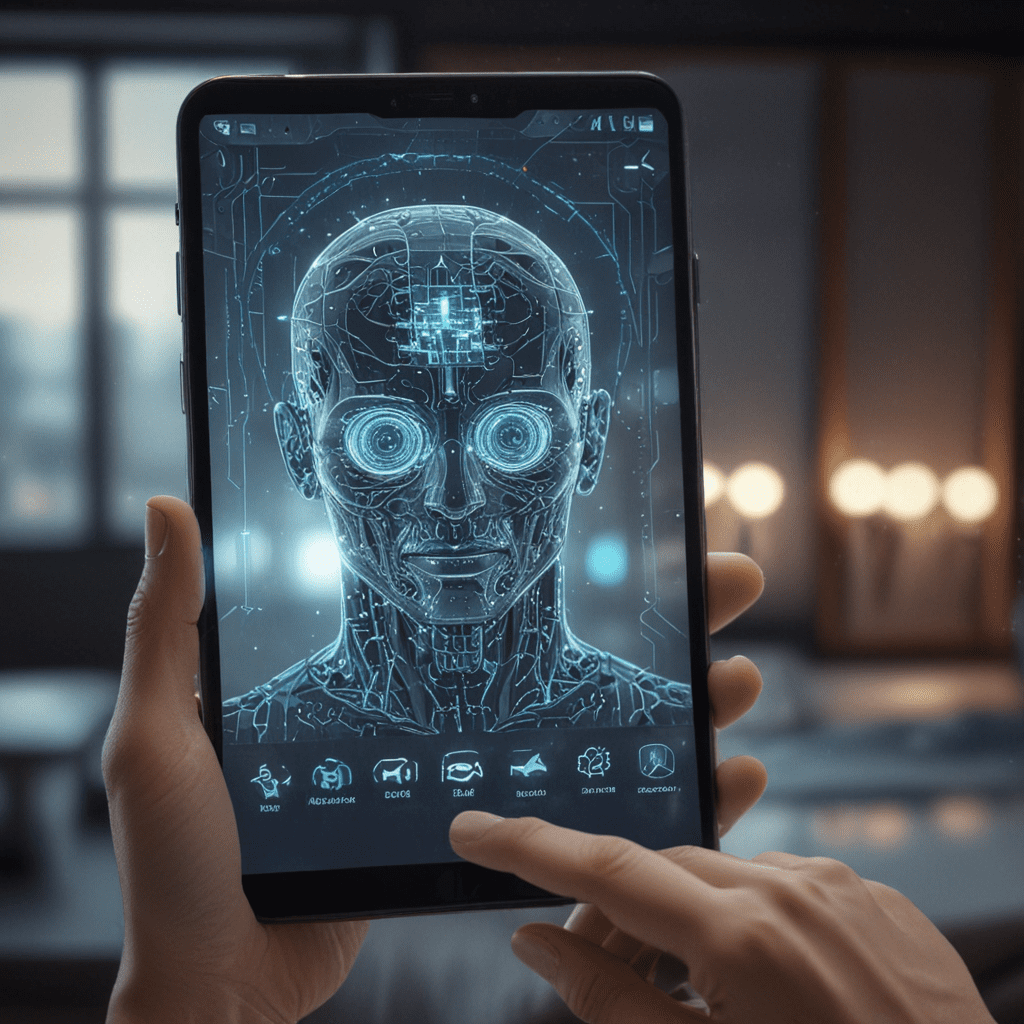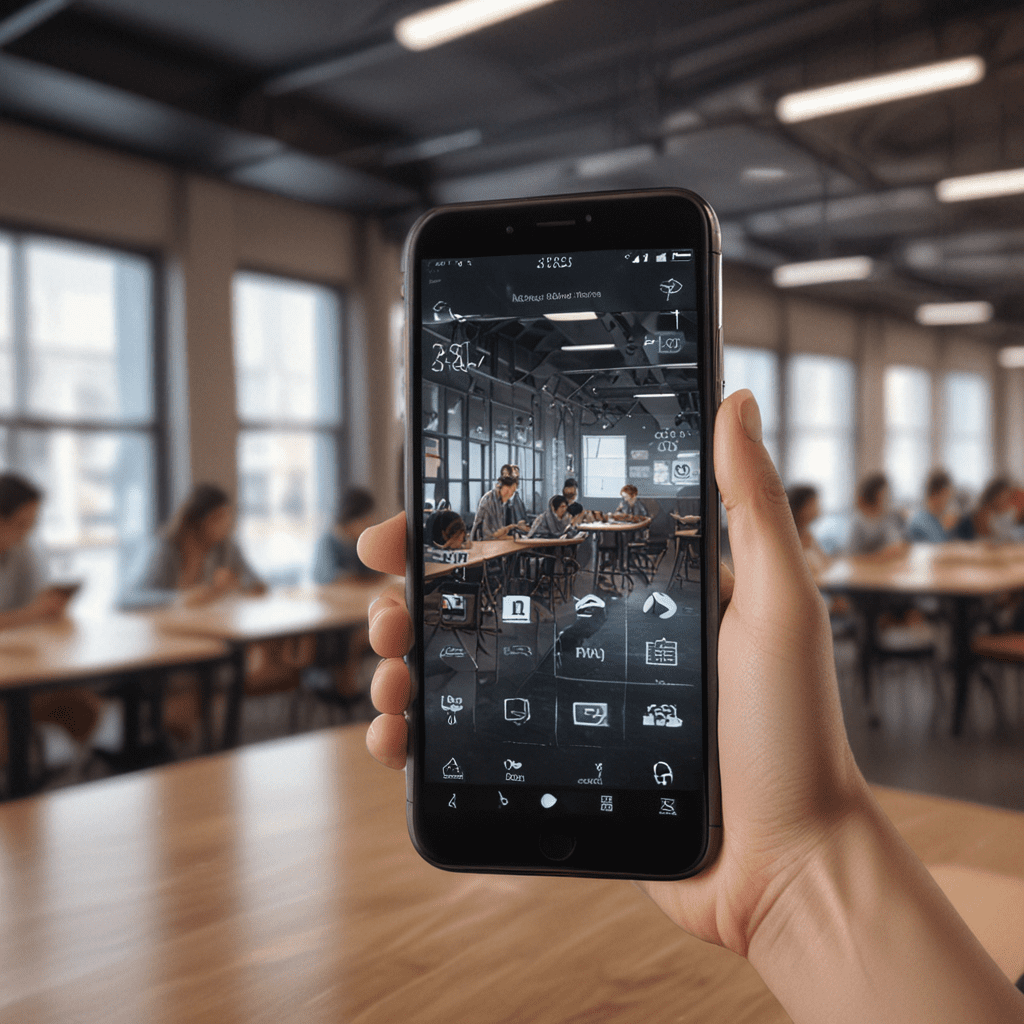The Impact of Privacy Regulations on Mobile App Development
Introduction: The Changing Landscape of Privacy
In the digital age, the privacy of individuals' personal data has become a paramount concern. The proliferation of mobile devices and the vast amount of data they collect have propelled the enactment of stringent privacy regulations worldwide. These regulations have a significant impact on the development and operation of mobile apps, necessitating app developers to adapt their practices to comply with the legal frameworks. This article delves into the impact of privacy regulations on mobile app development, exploring the key regulations, compliance considerations, and best practices for ensuring privacy-conscious development.
Key Privacy Regulations: GDPR, CCPA, and Beyond
The General Data Protection Regulation (GDPR), implemented in the European Union, and the California Consumer Privacy Act (CCPA) are two notable examples of comprehensive privacy regulations. These regulations impose strict obligations on organizations that collect and process personal data, including mobile app developers. Other jurisdictions have followed suit, introducing their own privacy laws, such as the Brazilian General Data Protection Law (LGPD) and the South Korean Personal Information Protection Act (PIPA). App developers must be aware of the regulations applicable to their target audience and ensure compliance with the relevant laws.
Compliance Considerations for App Developers
Compliance with privacy regulations is crucial for app developers to avoid legal penalties and reputational damage. Developers must carefully review the regulations to understand the specific requirements for data collection, storage, and processing. They should implement robust privacy policies that clearly outline the types of data collected, the purposes of data processing, and the rights of individuals under the regulations. Obtaining user consent for data collection and processing is also essential, and app developers must provide clear and easily accessible mechanisms for users to exercise their rights.
Data Collection and Processing: Navigating Restrictions
Privacy regulations impose restrictions on the collection and processing of personal data. Developers must limit data collection to what is necessary for the legitimate purposes of the app. They should employ data minimization techniques to only collect the minimum amount of data required. The use of data for purposes other than those originally specified requires obtaining additional user consent. Anonymization and pseudonymization of data can be effective measures to protect user privacy while enabling data analysis and app functionality.
Security Measures: Protecting Sensitive Data
Protecting user data from unauthorized access, theft, or misuse is a fundamental privacy concern. Mobile app developers must implement robust security measures to safeguard sensitive data. Encryption of data at rest and in transit is crucial to prevent unauthorized access. Developers should also employ secure storage mechanisms and limit access to data only to authorized personnel. Regular security audits and penetration testing help identify and address vulnerabilities in the app's security infrastructure.
Impact on App Design and Features
Privacy regulations have a direct impact on the design and features of mobile apps. Developers must consider privacy implications at every stage of the development process. The collection of non-essential data or the use of invasive tracking methods can raise privacy concerns. App design should prioritize user privacy, providing clear options for users to control data sharing and manage their privacy settings. Developers may also need to implement features that allow users to access, correct, or erase their personal data in compliance with regulations.
User Experience and Regulation: Striking a Balance
Balancing privacy regulations with a positive user experience is a key challenge for app developers. Privacy-enhancing features should not hinder the user experience or detract from the app's core functionality. Developers should strive to design apps that are both privacy-conscious and user-friendly. Clear privacy policies and user-friendly interfaces can help users understand their privacy rights and make informed choices about data sharing.
Consequences of Non-Compliance: Potential Penalties
Failure to comply with privacy regulations can have serious consequences for mobile app developers. Regulatory authorities can impose significant fines, legal penalties, and even criminal charges for violations. Non-compliance can also damage an app's reputation, leading to loss of user trust and decreased app usage. Developers should prioritize privacy compliance to avoid the potential risks associated with non-compliance.
Best Practices for Privacy-Conscious Development
To ensure privacy-conscious mobile app development, developers should adhere to the following best practices:
- Conduct thorough privacy impact assessments to identify potential privacy risks.
- Implement robust security measures to protect user data.
- Provide clear privacy policies and user interfaces that empower users to control their data.
- Regularly review and update privacy practices to keep pace with evolving regulations.
- Seek expert advice from legal or privacy professionals when necessary.
By following these best practices, mobile app developers can create privacy-compliant apps that respect user rights and maintain a positive user experience.
FAQs
Q: How do privacy regulations affect mobile app development?
A: Privacy regulations impose restrictions on data collection, processing, and security, requiring app developers to adapt their practices to comply with the legal frameworks.
Q: What are the key privacy regulations that mobile app developers need to be aware of?
A: The General Data Protection Regulation (GDPR), the California Consumer Privacy Act (CCPA), and other country-specific privacy laws are important regulations that impact mobile app development.
Q: How can app developers ensure compliance with privacy regulations?
A: Developers must review regulations, implement robust privacy policies, obtain user consent, and employ appropriate security measures to protect user data.
Q: What are the potential consequences of non-compliance with privacy regulations?
A: Non-compliance can result in fines, legal penalties, reputational damage, and loss of user trust.
Q: What best practices can app developers follow to create privacy-conscious apps?
A: Conducting privacy impact assessments, implementing security measures, providing clear privacy policies, and seeking expert advice are key best practices for privacy-conscious development.



